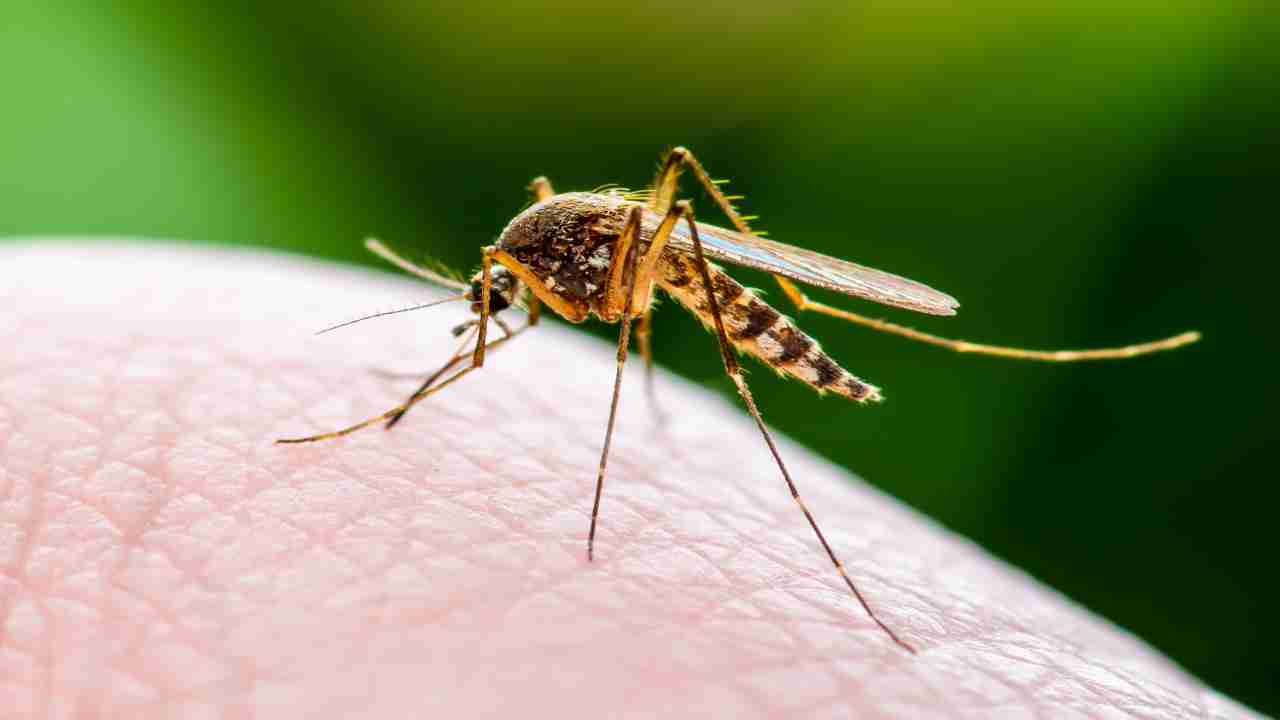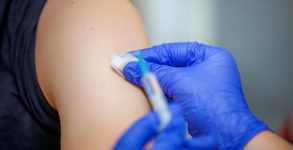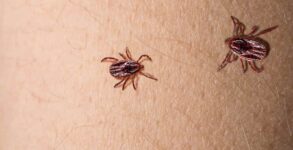Vector-borne diseases are a serious threat to human health and can be contracted through contact with an infected animal or insect. In order to protect yourself from these diseases, it is important to know what they are, how they are spread, and what you can do to prevent them. In this article, we will discuss the different types of vector-borne diseases and give you tips on how to protect yourself from them.
What are vector-borne diseases?
Vector-borne diseases are infections that are spread through the bites of infected mosquitoes, ticks, fleas, or other vectors. These infections can cause severe health problems, including pneumonia, encephalitis, and even death.
There is no vaccine available for most vector-borne diseases, so it is important to take steps to protect yourself from these infections. Here are some tips:
-Use insect repellent when outdoors. This will help keep mosquitoes away.
-Avoid being bitten by mosquitoes. If you are bitten, try to remove the mosquito from your skin as quickly as possible using soap and water.
-If you are traveling to an area where a vector-borne disease is prevalent, be sure to take precautions to avoid becoming infected. For example, avoid contact with sick people, use insect repellent when venturing outdoors, and use a mosquito net if you are sleeping in a tent or camping out.
-Stay informed about current outbreaks of vector-borne diseases in your area and take appropriate precautions.
World mosquito day 2022: Most dangerous kinds of mosquitoes
How can vectors spread vector-borne diseases?
Vector-borne diseases are infections that are spread through the bite of an infected vector. The most common vectors in North America are mosquitoes, ticks, and fleas, but other vectors can also spread diseases.
There are ways to protect yourself from vector-borne diseases:
-Use a mosquito repellent that contains DEET or picaridin. These chemicals work by interfering with the mosquitoes’ ability to digest human skin cells, which prevents them from transmitting the disease. Apply the repellent liberally 30 minutes before going outside and reapply as needed. Remember to cover all exposed skin including the face, hands, and feet. DEET products are available in many stores and online. Picaridin is less effective than DEET but is also available in many stores and online.
-Covering your skin prevents mosquitoes from biting you. Use a sunscreen with an SPF of at least 30 when outdoors. When using a sunscreen, apply it generously 20 minutes before going outside and reapply every two hours while outdoors. Remember to apply sunscreen to children as well as adults. Apply sunscreen at least one hour before swimming or bathing in open water to protect yourself from sunburns.
World Mosquito Day 2022: What to do to help prevent mosquito-borne diseases
How can I protect myself from vector-borne diseases?
There are a few things that you can do to protect yourself from vector-borne diseases, such as using mosquito repellent and wearing a tick repellent. You can also avoid coming in contact with mosquitoes, spiders, ticks and other animals that may carry the viruses.
Conclusion
As the weather warms up and more people venture outside, vector-borne diseases are on the rise. Learn how to protect yourself from these dangerous illnesses by following some easy tips. By being aware of the warning signs and taking preventative measures, you can stay healthy during periods of increased exposure to vectors such as mosquitoes and ticks.


















